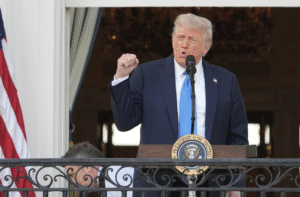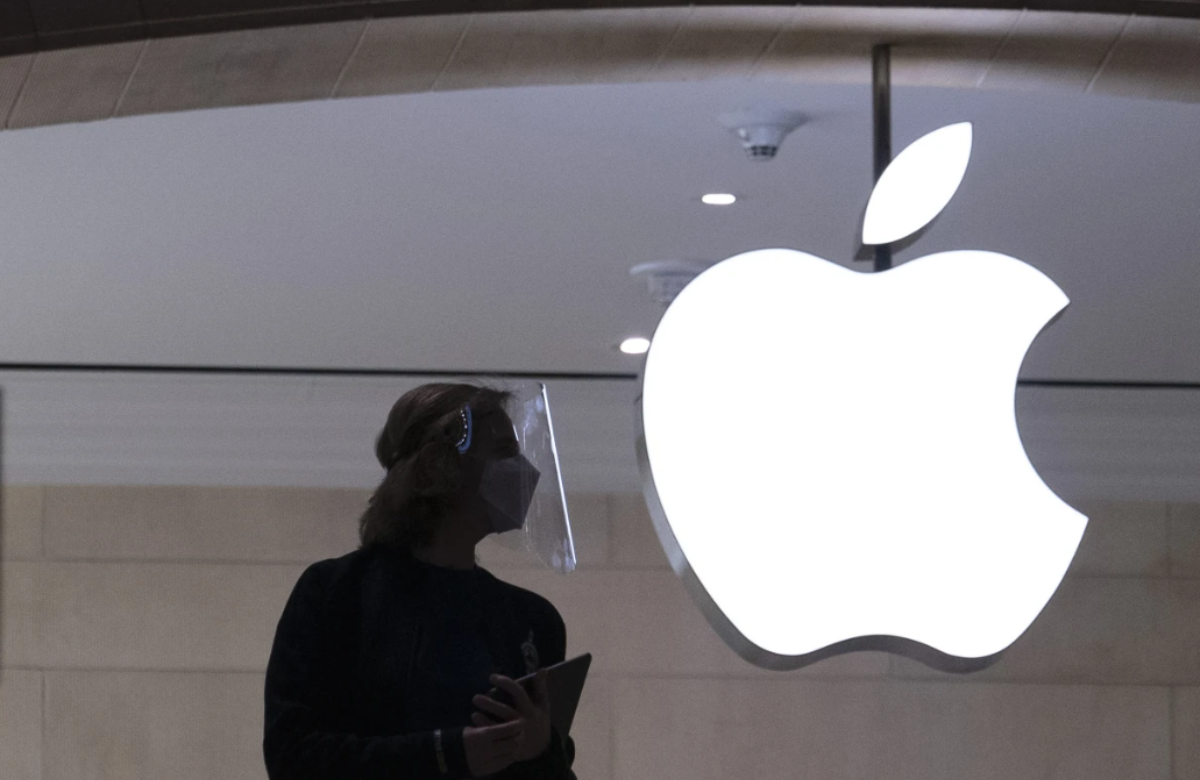The Trump administration delayed classified briefings for both the Senate and House on Tuesday, just days after President Donald Trump ordered military strikes on Iranian nuclear sites and later declared a ceasefire agreement between Iran and Israel.
The Senate’s classified briefing was rescheduled for Thursday to allow Defense Secretary Pete Hegseth and Secretary of State Marco Rubio to attend, according to sources familiar with the schedule. A new date for the House briefing has yet to be confirmed.
Trump took to social media to announce that Israel and Iran had agreed to end their conflict, calling it an “Official END.” That claim was briefly challenged on Tuesday when Israel reported a missile strike by Iran, but Trump quickly reassured the public that the ceasefire remained “in effect.”
Both Democratic and some Republican lawmakers are demanding more transparency from the administration regarding the strikes. They’ve raised concerns about the president acting without congressional approval and are pushing for clear justification for the decision to take military action.
House Democratic Leader Hakeem Jeffries said Americans deserve to know whether the strikes were effective in curbing Iran’s nuclear ambitions and what the administration plans to do to prevent further escalation that could endanger U.S. troops.
The briefings were supposed to be led by key intelligence and defense figures, including CIA Director John Ratcliffe, Director of National Intelligence Tulsi Gabbard, Joint Chiefs Chairman Gen. Dan Caine, and Deputy Secretaries of State Christopher Landau and Steve Feinberg.
Members of Congress across both parties have expressed frustration about being left out of the loop. Disagreements over the role of the U.S. in the Middle East are growing, and they don’t fall neatly along party lines.
While most Democrats remain skeptical of Trump’s approach, some have voiced cautious support for actions that assist Israel. Others insist the U.S. should avoid direct involvement. Some of Trump’s usual allies in the Republican Party have even echoed earlier criticisms of endless military entanglements. Still, many GOP members fully supported the strikes, praising Trump for decisive leadership.
House Speaker Mike Johnson praised the ceasefire, crediting Trump’s approach as a demonstration of “peace through strength.” Senator Bernie Moreno suggested on social media that Trump should be considered for a Nobel Peace Prize, while Senator Katie Britt celebrated the ceasefire as “historic.”
Democrats, however, say they still want more details on the ceasefire and what led to Iran’s missile retaliation on a U.S. base in Qatar. Senate Democratic Leader Chuck Schumer is seeking a second classified briefing on the situation, including the intelligence behind the attacks and planned U.S. responses.
Senate Democrats are also pushing for a vote on a resolution sponsored by Senator Tim Kaine that would require congressional authorization for further military action against Iran. Kaine argued the American public deserves to hear the full debate about potential war before more lives are put at risk.
Many lawmakers criticized the lack of timely communication from the White House. Congressional leaders only received a brief letter from Trump on Monday—two days after the strikes—outlining his rationale. He described the attacks as “limited in scope,” aimed at deterring future aggression, and minimizing civilian casualties.
Senator Richard Blumenthal voiced concerns about the effectiveness of the bombings and emphasized the constitutional duty for Congress to be involved in decisions of war.
“The founders believed that the people should have a voice in whether to go to war,” he said. “That’s why the president shouldn’t act alone.”
Also Read:
Wisconsin Dairy Farmer Sues Trump Administration Over Alleged Bias Against White Farmers













